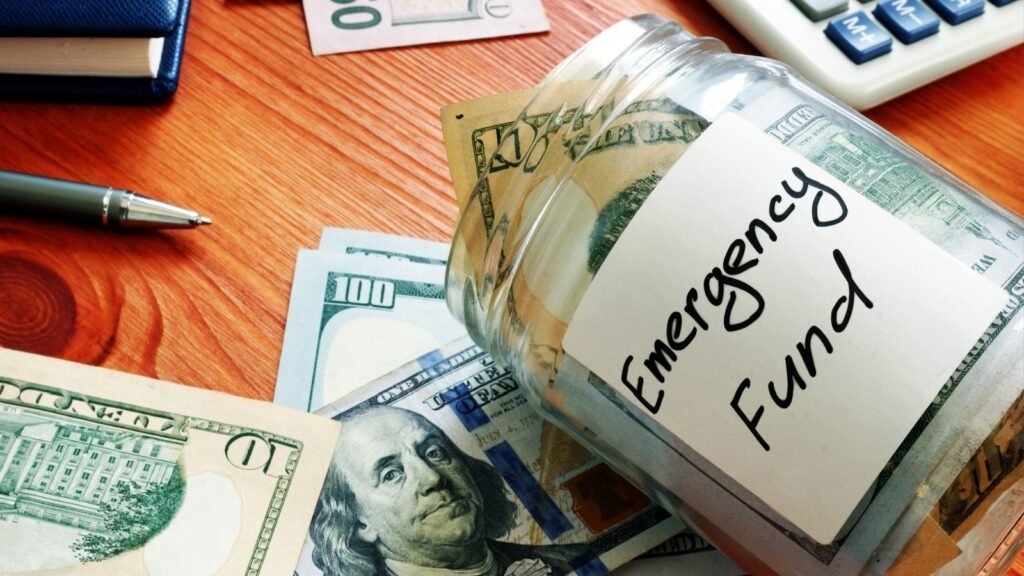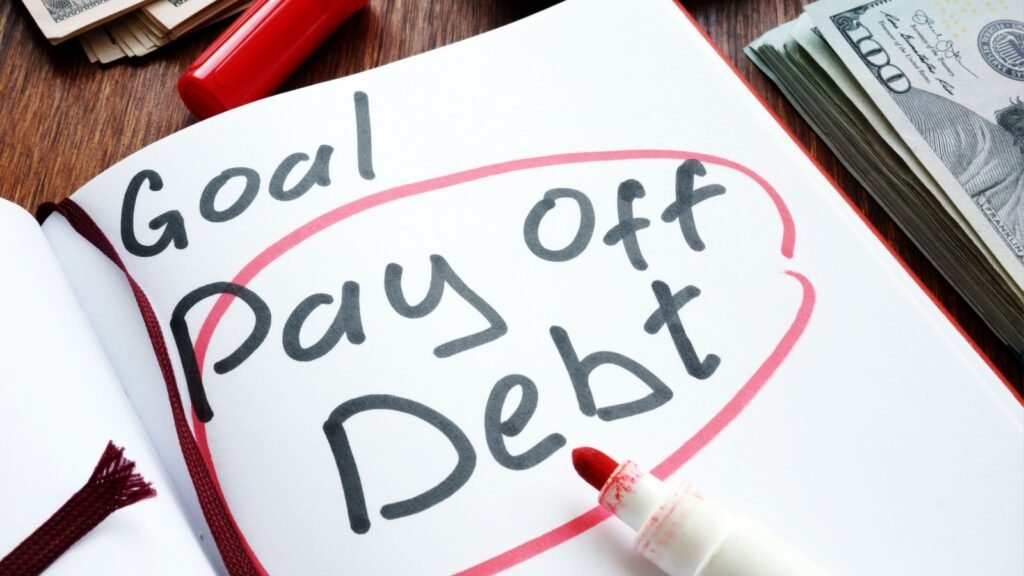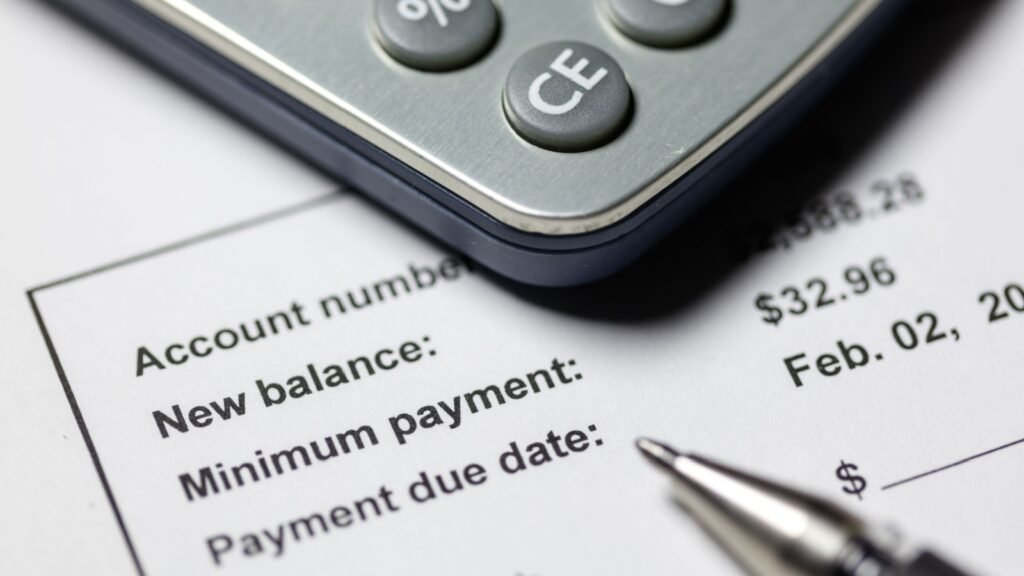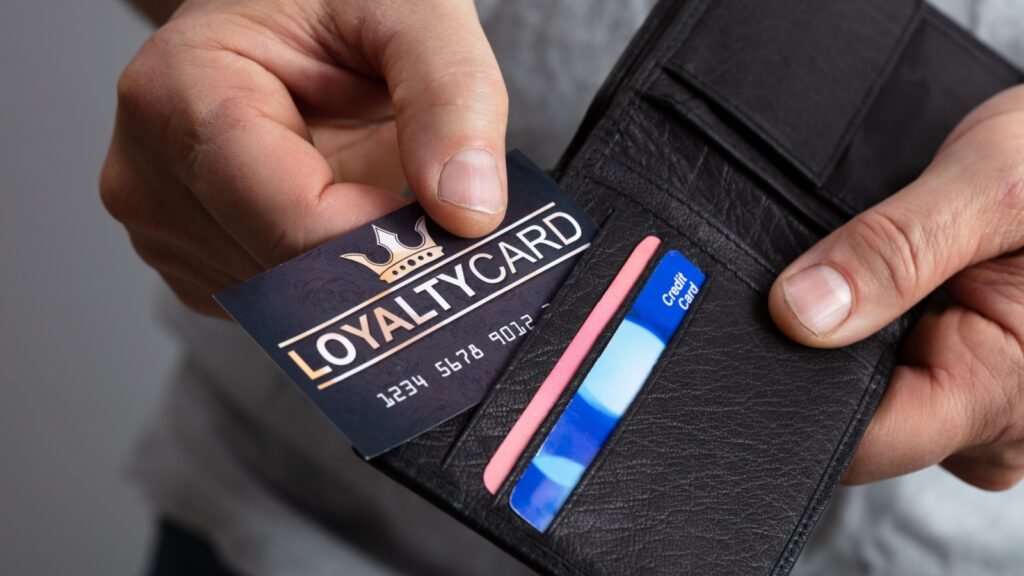We all know that economic uncertainty can strike at any time. Being burdened with debt when things go south can make it even harder to keep our heads above water. That’s why one of the best ways to prepare for tough times is by becoming debt-free. When you’re not weighed down by financial obligations, you can move forward with confidence, no matter what happens in the economy. By taking simple, consistent steps today, you can gain control over your finances and build a more secure future. Here are 12 strategies that will help you get there before the next downturn hits.
1. Create a Budget and Stick to It

A well-planned budget is the foundation of any debt-free journey. Write down all your monthly income and expenses to see exactly where your money is going. Once you know this, you can spot areas where you’re overspending and trim them back. Stick to the plan every month, and direct the money you save toward paying down your debt.
2. Build an Emergency Fund

Having a financial cushion is critical, especially in a shaky economy. Start building an emergency fund with the goal of saving at least three to six months of living expenses. This will help you avoid borrowing money when unexpected expenses arise, keeping you from slipping further into debt.
3. Use the Debt Snowball Method

The debt snowball method is one of the simplest and most effective ways to tackle your debt. Start by paying off your smallest debt first, while making minimum payments on the rest. Once the smallest debt is gone, apply the extra money to the next smallest. This approach gives you quick wins and motivates you to keep going.
4. Try the Debt Avalanche Method

The debt avalanche method, on the other hand, focuses on paying off debts with the highest interest rates first. By doing this, you’ll save more money over time, as those high-interest debts are usually the most expensive. This method might take a little longer to see results, but it will save you money in the long run.
5. Cut Out Non-Essential Spending

Take a hard look at your discretionary spending. Do you really need that streaming service or coffee shop habit? Cutting out non-essential expenses—even temporarily—can free up more cash to put toward your debt. Every little bit counts when you’re trying to get ahead.
6. Sell Unused or Unwanted Items

Decluttering your home can help you generate extra cash to pay off debts faster. Go through your belongings and sell items you no longer need—whether it’s online or at a yard sale. You’d be surprised how much value might be hiding in things you no longer use.
7. Increase Your Income with a Side Hustle

Bringing in extra income through a side hustle can help you chip away at your debt much faster. Whether it’s freelancing, selling handmade crafts, or driving for a rideshare service, find something that works with your schedule. Use the extra earnings exclusively for debt repayment to see results sooner.
8. Negotiate Lower Interest Rates

If you have high-interest credit card debt, consider calling your lender to negotiate a lower interest rate. Many companies are willing to reduce rates if you have a good payment history. Even a small reduction can make a big difference over time, saving you money and helping you get out of debt faster.
9. Focus on Paying Off High-Interest Credit Cards

Credit card debt can quickly spiral out of control, especially if you’re only making minimum payments. Prioritize paying off high-interest cards first, as they tend to grow faster than other types of debt. Once those balances are cleared, you’ll find it much easier to manage the rest of your debt.
10. Consider Debt Consolidation

Debt consolidation involves combining multiple debts into one loan with a lower interest rate. This simplifies your payments and can save you money in the long run. Make sure to research your options and only consolidate if it will truly lower your overall costs.
11. Avoid Taking on New Debt

This one might sound obvious, but it’s crucial—don’t add more debt while you’re trying to pay off what you already owe. Resist the temptation to use credit cards or take out loans unless it’s an absolute emergency. Focus on paying down what you owe before adding more financial obligations.
12. Seek Professional Financial Advice

If you feel overwhelmed by your debt or unsure about your strategy, consider speaking with a financial advisor or debt counselor. They can help you come up with a solid plan, offer tailored advice, and guide you toward the best solutions for your situation. Sometimes, a little professional insight is all you need to turn things around.

